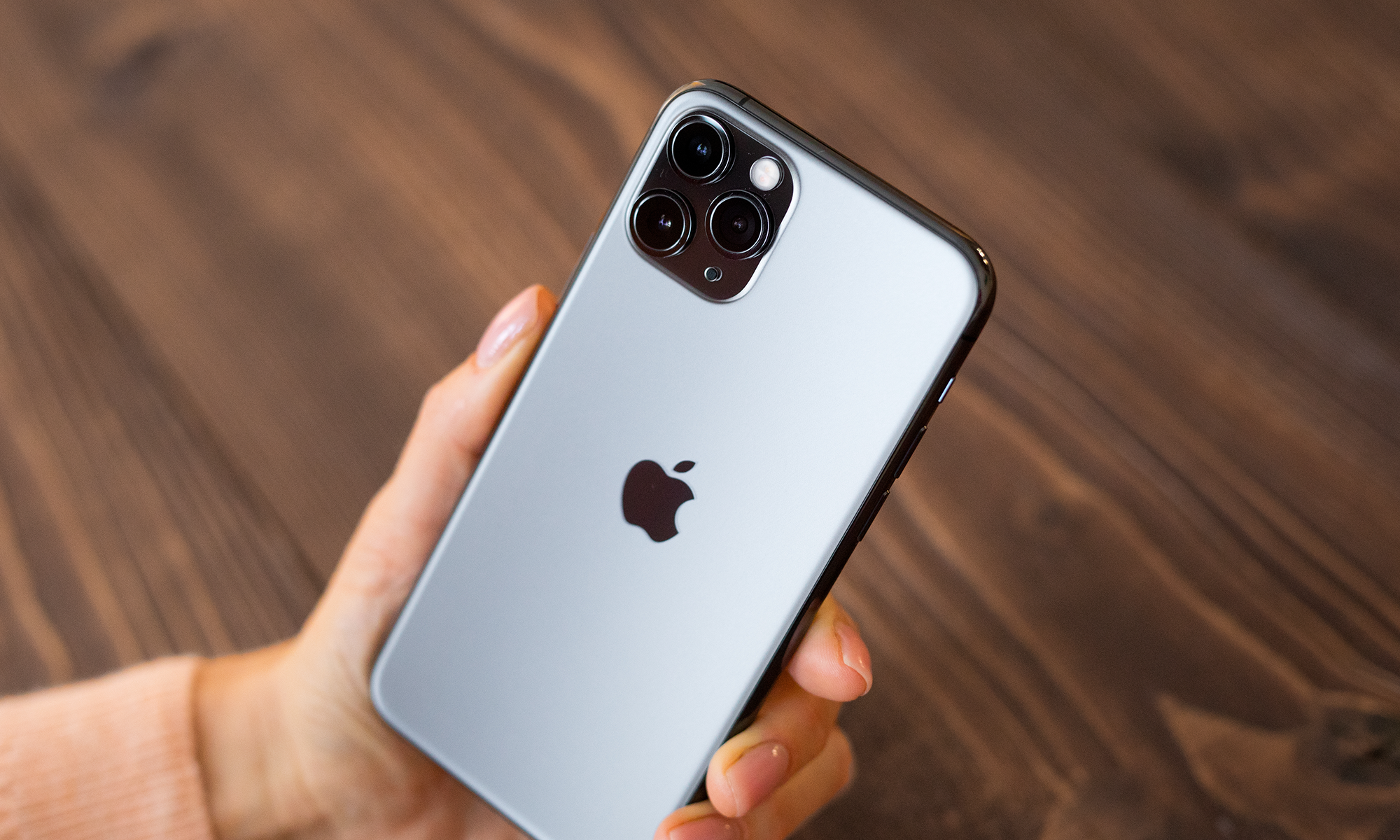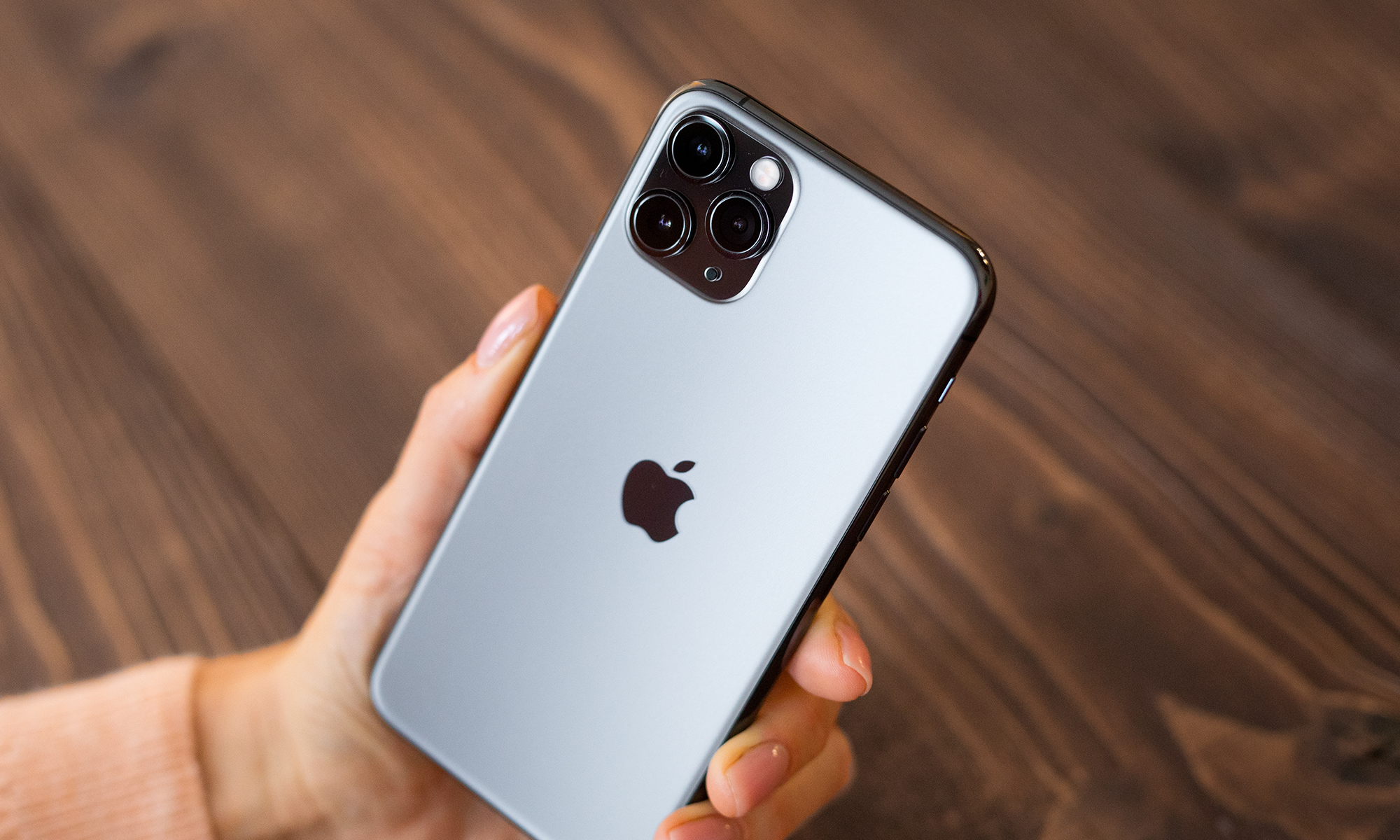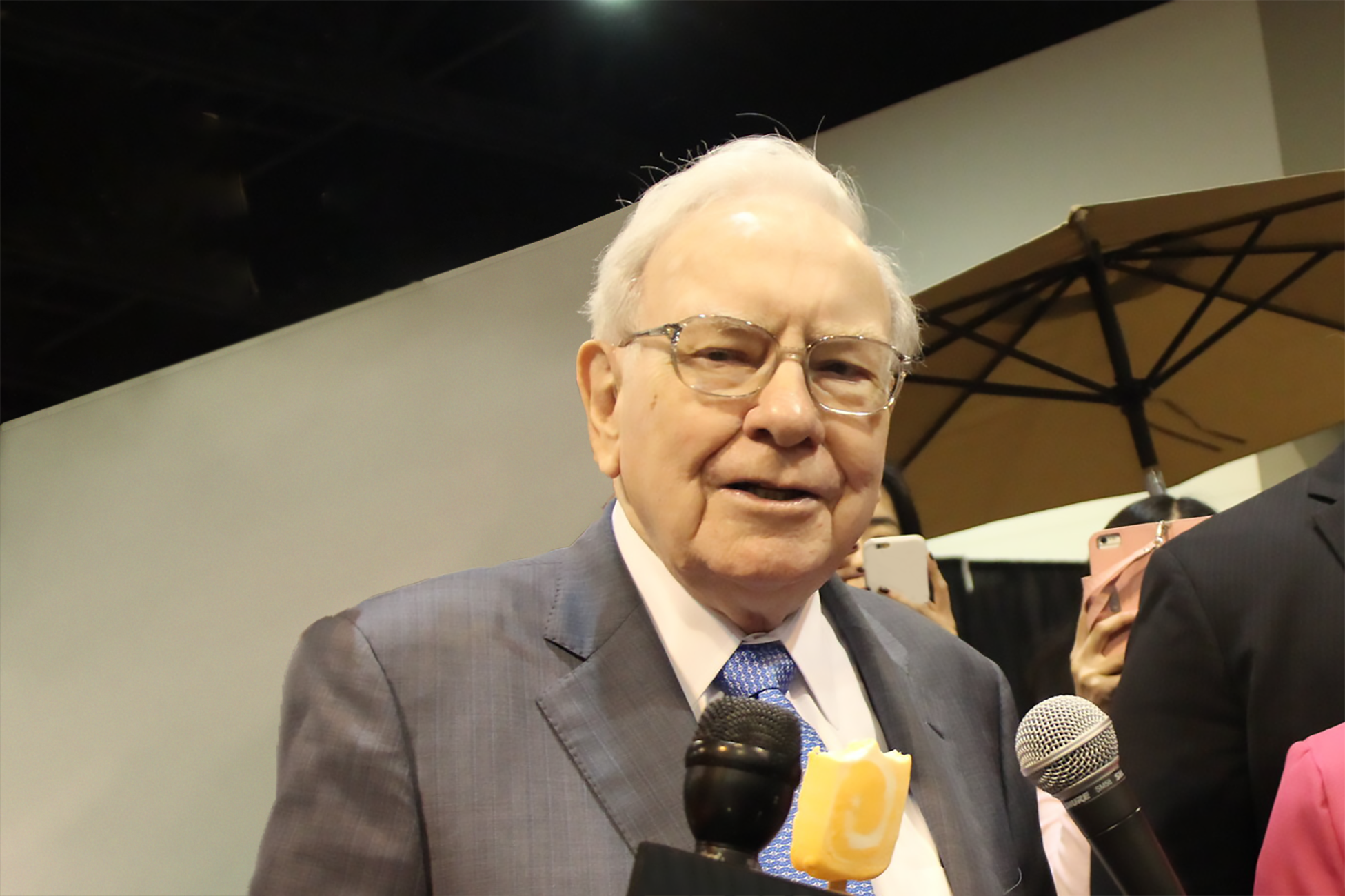The world is gearing up for artificial intelligence (AI), which researchers believe could unleash between $15 trillion and $23 trillion in annual economic value by 2040. AI could be a game-changer for countless industries and will likely create new market opportunities in the process.
Currently, most of Wall Street has focused on companies like Nvidia, which are selling billions of dollars worth of chips and hardware for AI data centers.
Eventually, though, AI will move beyond its hyperfocus on data centers into the real world, and that presents a huge market opportunity that investors are only just beginning to position their portfolios for.
Three Motley Fool contributing analysts put their heads together. They arrived at Apple (AAPL 0.56%), The Trade Desk (TTD 0.95%), and Robinhood Markets (HOOD 1.59%) as technology leaders in excellent position to capitalize on AI tailwinds that could drive growth for years to come. Here is what you need to know.

Image source: Getty Images.
Apple's ecosystem is a leg up on the competition in personal devices
Justin Pope (Apple): Smartphones have become handheld computers, the central technology hub for people living their daily lives. It makes Apple a clear favorite as AI software becomes increasingly integrated into society.
The company's iOS mobile operating system spans phones, accessories, watches, tablets, and computers that all work seamlessly together, creating a formidable competitive moat.
In other words, the more iOS devices you use, the more of a pain it is to abandon the system for something else. Today, that iOS user base spans 2.35 billion devices. It's the perfect distribution network for AI software. But it has become evident that the company's first attempt at AI, Apple Intelligence, hasn't gone off with a bang.
Fortunately for Apple, its system's stickiness gives the iPhone maker room for error that most brands don't have. There's a solid chance that the company will eventually work out these kinks and deploy its consumer-facing AI technology across billions of devices, whether smartphones or other device using its far-reaching iOS platform. Most companies will build AI and then try to find customers -- Apple already has customers, it just needs to develop and ship good software.

NASDAQ: AAPL
Key Data Points
The company is a behemoth today, and probably won't grow fast enough to replicate its past investment returns. Still, there may be no better-positioned consumer-facing business ready to capitalize on AI's potential than Apple, and that's an advantage the company should retain for as long as people stay within its iOS system.
The stock has become a slower and steadier grower with a rising dividend, making it an ideal investment to stash in a long-term portfolio and take advantage of dividend reinvesting, letting Apple compound for as long as people continue to upgrade their devices.
AI-driven insights could be game-changing for this stock
Will Healy (The Trade Desk): The Trade Desk is in a sweet spot when it comes to capitalizing on AI. It operates a buy-side platform that companies and ad agencies use to purchase ad space ideally suited for targeting demographics, thereby maximizing returns on ad spending.
It is currently migrating clients from its old platform, Solimar, to its AI-driven Kokai platform, which offers users enhanced AI to improve ad bidding, targeting, and budgeting for ad buys. Also, its measuring and forecasting functions offer improved insights and predictive capabilities.
Investors may not be aware of how much impact such improvements could have for the global digital ad market and, by extension, its investors. Research and Markets predicts a compound annual growth rate (CAGR) of 14% between 2022 and 2030 for the digital advertising industry. Hence, this market will grow to around $1.5 trillion by 2030 if Research and Markets' forecast comes to pass.
In the first quarter of 2025, The Trade Desk reported $616 million in revenue, a 25% increase from year-ago levels. Still, since that amounts to revenue of just under $2.6 billion over the trailing 12 months, the company claims well under 1% of the addressable market.
It's consistently profitable. In the first quarter, it earned nearly $51 million in net income, a 60% yearly increase.

NASDAQ: TTD
Key Data Points
And investors may recall the massive sell-off after the company failed to meet its own revenue projection in the fourth quarter. The silver lining is that the recent declines have taken its forward price-to-earnings ratio (P/E) to 40.
That multiple does not make this stock cheap, though it is down from a forward P/E of more than 80 in December. This means investors can capitalize on this potentially lucrative opportunity without paying an uncomfortably high premium, making The Trade Desk particularly attractive to AI-focused investors.
AI is coming to financial services
Jake Lerch (Robinhood Markets): As AI software begins to truly take off, one area to watch is financial services. Specifically, investment advisory and brokerage services. The company I'm keeping a close eye on is Robinhood Markets.
Robinhood is one of the fastest-growing brokerages, with revenue increases of 50% as of its most recent quarter (ending on March 31). And with shares up more than 200% over the last 12 months, it's clear that investors are excited about the company's performance.

NASDAQ: HOOD
Key Data Points
However, Robinhood's AI initiatives are an under-the-radar asset that could grow in importance in the coming years. For example, last July, it acquired Pluto, an AI investment research company.
Pluto's data analytics capabilities and algorithms can provide Robinhood customers with insights into market and financial data as well as key trends. It can also provide real-time reviews of a customer's investment portfolio, highlighting risks and suggesting strategies based on the person's risk tolerance, age, investment style, and goals.
Some of these tools will likely be incorporated into Robinhood's Cortex, an AI investment tool that the company plans to roll out later this year. Cortex will form an integral part of Robinhood's strategy of bringing a private wealth management experience to the everyday investor.
By providing personalized investment analysis and portfolio management to each customer, the company hopes to grow its assets under management (AUM), which already stand at more than $200 billion. And as its AUM grows, so should the company's revenue, net income, and free cash flow.
In summary, AI will continue to become more central to all aspects of the economy. In retail investing, customers will come to expect personalized analysis and advice, and Robinhood is positioning itself to be a leader within that space.





